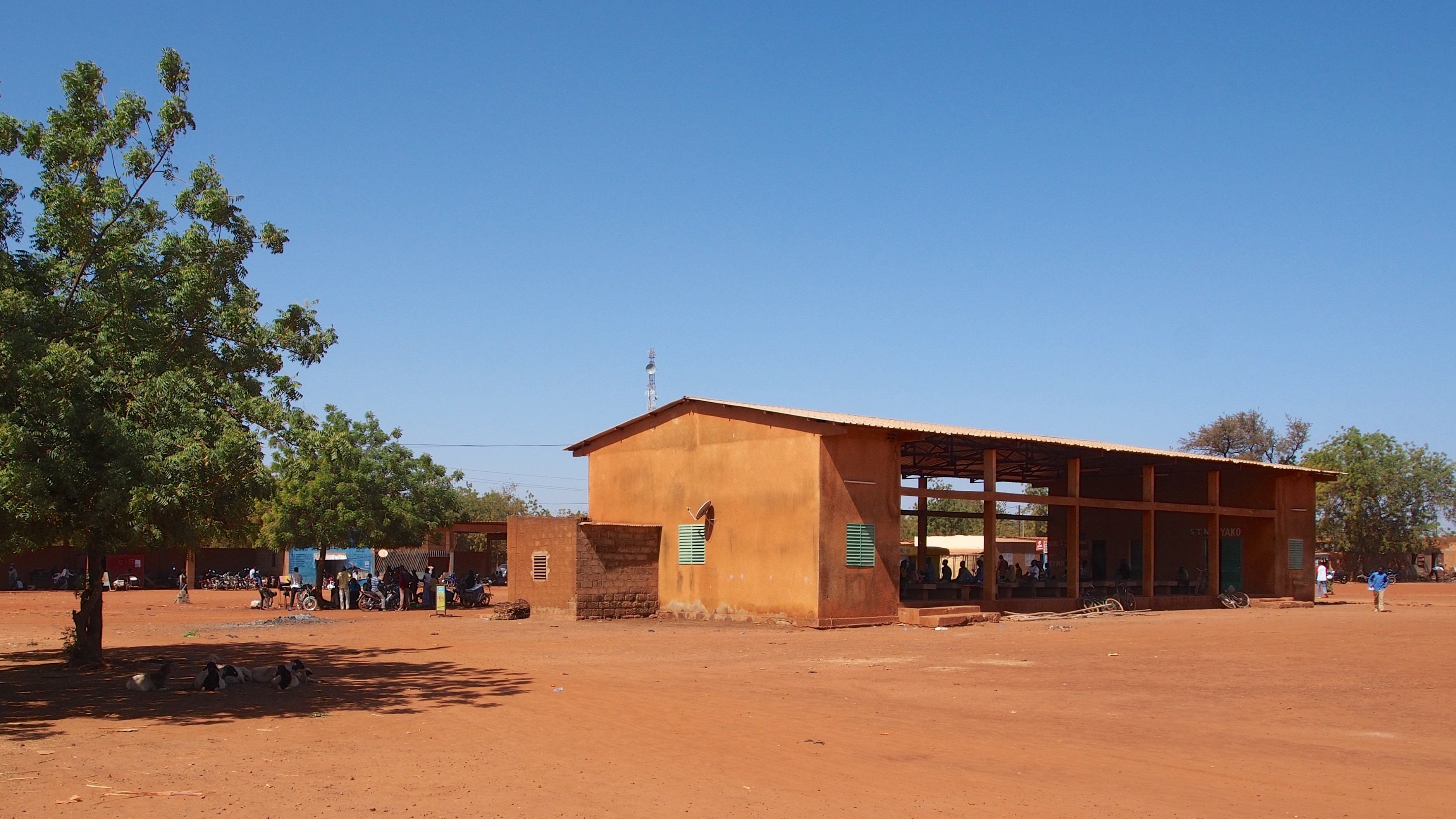|
Jean-Baptiste Kiéthéga
Jean-Baptiste Kiéthéga is an archeologist and historian from Upper Volta, currently Burkina Faso. Kiéthéga was born on May 10, 1947, in Yako. He is considered to be one of the first archeologists of West Africa. In course of his career, he was honored with a Prince Claus Award yet in 1998 for his progressions in archeology. At that time he had trained around 40 young scholars in this field, and has taken care that his research was made public in the academic world, as well as to the public via for instance museums.Prince Claus Fundprofile/ref> According to Kiéthéga archaeological research in a developing country like Burkina Faso should not be seen as luxury. He views culture as a dynamic concept. Since 2005 he is a professor at the University of Ouagadougou The University of Ouagadougou (UO; ) is a university located in Ouagadougou, Burkina Faso. Founded in 1974, it was officially renamed in 2015 as l’Université Ouaga 1 Professeur Ki-Zerbo. The UO consists of seven T ... [...More Info...] [...Related Items...] OR: [Wikipedia] [Google] [Baidu] |
Archeologist
Archaeology or archeology is the study of human activity through the recovery and analysis of material culture. The archaeological record consists of artifacts, architecture, biofacts or ecofacts, sites, and cultural landscapes. Archaeology can be considered both a social science and a branch of the humanities. It is usually considered an independent academic discipline, but may also be classified as part of anthropology (in North America – the four-field approach), history or geography. The discipline involves surveying, excavation, and eventually analysis of data collected, to learn more about the past. In broad scope, archaeology relies on cross-disciplinary research. Archaeologists study human prehistory and history, from the development of the first stone tools at Lomekwi in East Africa 3.3 million years ago up until recent decades. Archaeology is distinct from palaeontology, which is the study of fossil remains. Archaeology is particularly important for lea ... [...More Info...] [...Related Items...] OR: [Wikipedia] [Google] [Baidu] |
Historian
A historian is a person who studies and writes about the past and is regarded as an authority on it. Historians are concerned with the continuous, methodical narrative and research of past events as relating to the human species; as well as the study of all history in time. Some historians are recognized by publications or training and experience.Herman, A. M. (1998). Occupational outlook handbook: 1998–99 edition. Indianapolis: JIST Works. Page 525. "Historian" became a professional occupation in the late nineteenth century as research universities were emerging in Germany and elsewhere. Objectivity Among historians Ancient historians In the 19th century, scholars used to study ancient Greek and Roman historians to see how generally reliable they were. In recent decades, however, scholars have focused more on the constructions, genres, and meanings that ancient historians sought to convey to their audiences. History is always written with contemporary concerns and ancient hist ... [...More Info...] [...Related Items...] OR: [Wikipedia] [Google] [Baidu] |
Republic Of Upper Volta
The Republic of Upper Volta () was a landlocked West African country established on 11 December 1958 as a self-governing state within the French Community. Before becoming autonomous, it had been part of the French Union as the French Upper Volta. On 5 August 1960, it gained full independence from French Fourth Republic, France. On 4 August 1984, it changed its name to Burkina Faso. Etymology The name Upper Volta indicated that the country contains the upper part of the Volta River. History French Upper Volta, Upper Volta obtained independence on 5 August 1960, with Maurice Yaméogo of the African Democratic Rally (Burkina Faso), Voltaic Democratic Union-African Democratic Rally (UDV-RDA) becoming the country's first president. A constitution was ratified the same year, establishing presidential elections by direct universal suffrage and a National Assembly, both with five-year terms. Shortly after coming to power, Yaméogo banned all political parties other than the UD ... [...More Info...] [...Related Items...] OR: [Wikipedia] [Google] [Baidu] |
Burkina Faso
Burkina Faso is a landlocked country in West Africa, bordered by Mali to the northwest, Niger to the northeast, Benin to the southeast, Togo and Ghana to the south, and Ivory Coast to the southwest. It covers an area of 274,223 km2 (105,878 sq mi). In 2024, the country had an estimated population of approximately 23,286,000. Previously called the Republic of Upper Volta (1958–1984), it was Geographical renaming, renamed Burkina Faso by then-List of heads of state of Burkina Faso, president Thomas Sankara. Its citizens are known as Burkinabes, and its Capital city, capital and largest city is Ouagadougou. The largest ethnic group in Burkina Faso is the Mossi people, who settled the area in the 11th and 13th centuries. They established powerful Mossi Kingdoms, kingdoms such as Ouagadougou, Tenkodogo, and Yatenga. In 1896, it was Colonization, colonized by the French colonial empire, French as part of French West Africa; in 1958, Upper Volta became a self-governing colony wi ... [...More Info...] [...Related Items...] OR: [Wikipedia] [Google] [Baidu] |
Yako, Burkina Faso
Yako is a town in northern Burkina Faso, the capital of Passoré Province. It lies north-west of Ouagadougou. Yako is known for its large mosque and as the birthplace of former President Thomas Sankara. Climate Köppen-Geiger climate classification system classifies its climate as semi-arid climate, hot semi-arid (BSh). References [...More Info...] [...Related Items...] OR: [Wikipedia] [Google] [Baidu] |


